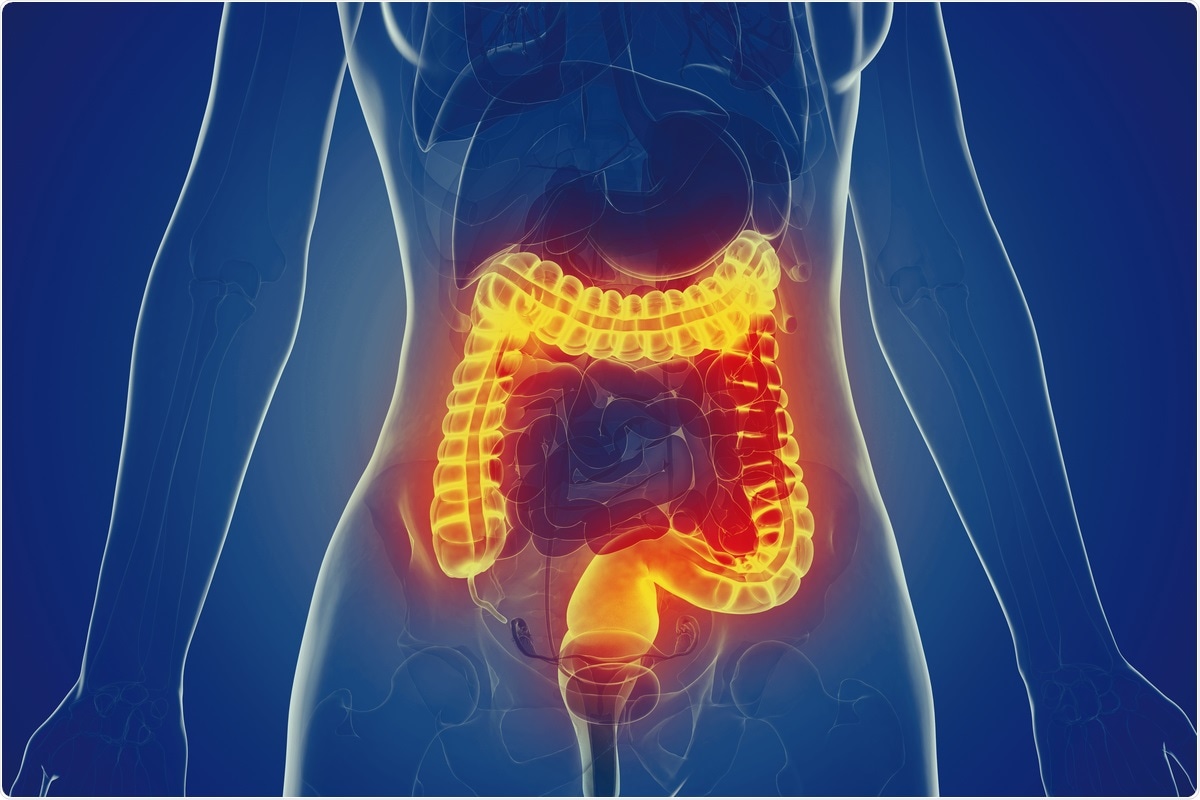Researchers worldwide hypothesized that the development of vaccines against severe acute respiratory syndrome coronavirus 2 (SARS-CoV-2) could help to reduce transmission and help to lower the mortality rate. The vaccines developed against coronavirus disease 2019 (COVID-19) had to undergo several clinical trials before they could be considered safe for human use. Patients of various age groups participated in these clinical trials to determine if the administration of the vaccines led to any major side effects. Studies have found that patients with inflammatory bowel disease (IBD) who use biologic or immunomodulatory (IMM) therapies were excluded from the COVID-19 vaccine trials.
 Study: Early immunologic response to mRNA COVID-19 vaccine in patients receiving biologics and/or immunomodulators. Image Credit: SciePro/ Shutterstock
Study: Early immunologic response to mRNA COVID-19 vaccine in patients receiving biologics and/or immunomodulators. Image Credit: SciePro/ Shutterstock

 *Important notice: medRxiv publishes preliminary scientific reports that are not peer-reviewed and, therefore, should not be regarded as conclusive, guide clinical practice/health-related behavior, or treated as established information.
*Important notice: medRxiv publishes preliminary scientific reports that are not peer-reviewed and, therefore, should not be regarded as conclusive, guide clinical practice/health-related behavior, or treated as established information.
Inflammatory bowel diseases involve ulcerative colitis (UC) and Crohn's disease (CD) that are mostly characterized by chronic intestinal inflammation that leads to the dysregulation of the immune system. IBD is sometimes treated with the help of immune-modifying agents that can result in reduced response to vaccines. One such example is Infliximab, which is used to suppress CD4+ and CD8+ T cells in patients with UC. A study showed that Infliximab is associated with attenuated serological response to SARS-CoV-2 compared to vedolizumab, a gut-specific agent.
A new study published in the preprint server medRxiv* aimed to evaluate the humoral and cellular response to COVID-19 vaccine in patients with IBD undergoing biologic or immunomodulatory therapy.
A preprint version of the study is available on the medRxiv* server while the article undergoes peer review.
The study
The study involved patients between 21 and 65 with IBD who received biologics or immunotherapies and were also planning to take the COVID-19 vaccine. It involved 19 patients, out of which 17 had CD and 2 had UC. They received two doses of the BNT162b2 mRNA Pfizer-BioNTech vaccine. Also, it was confirmed that 18 patients were receiving biologic monotherapy, and only one was on azathioprine.
The study carried out flow cytometry to examine the cellular immunity at baseline and two weeks after each dose of vaccine was received. Humoral immunity was examined using ELISA at baseline, two weeks after each dose of the vaccine was received, and six and twelve months after the vaccination was completed. Cellular and humoral immunity results were then compared to healthy individuals.
The results indicated that the total IgG antibodies increased by 21.13 times after administration of the first dose and by 90 times after the second dose of the vaccine. The percentage of neutralizing antibodies increased 11.92 times after the first dose of the vaccine and 53.79 times after the second.
The results also indicate that the percentage of neutralizing antibodies and total IgG antibodies was lower in patients who had participated in the study than healthy individuals after the first dose of the vaccine. After the second dose of the vaccine, it was observed that although the total IgG antibodies increased, they were still lower in the patients than in healthy individuals. No significant difference in the percentage of neutralizing antibodies between the two groups was observed after the second dose.
Thus, it could be concluded that the neutralizing capacity response to the vaccine in patients was similar to the healthy individuals, but a difference was observed in the total of IgG antibodies.
Although the study is effective in determining the vaccine efficacy in these patients, it has certain limitations. The two major limitations of the study are the small population size and the short follow-up period.

 *Important notice: medRxiv publishes preliminary scientific reports that are not peer-reviewed and, therefore, should not be regarded as conclusive, guide clinical practice/health-related behavior, or treated as established information.
*Important notice: medRxiv publishes preliminary scientific reports that are not peer-reviewed and, therefore, should not be regarded as conclusive, guide clinical practice/health-related behavior, or treated as established information.
Journal reference:
- Preliminary scientific report.
Rodríguez-Martinó, E. et al. (2021) "Early immunologic response to mRNA COVID-19 vaccine in patients receiving biologics and/or immunomodulators". medRxiv. doi: 10.1101/2021.09.11.21263211.